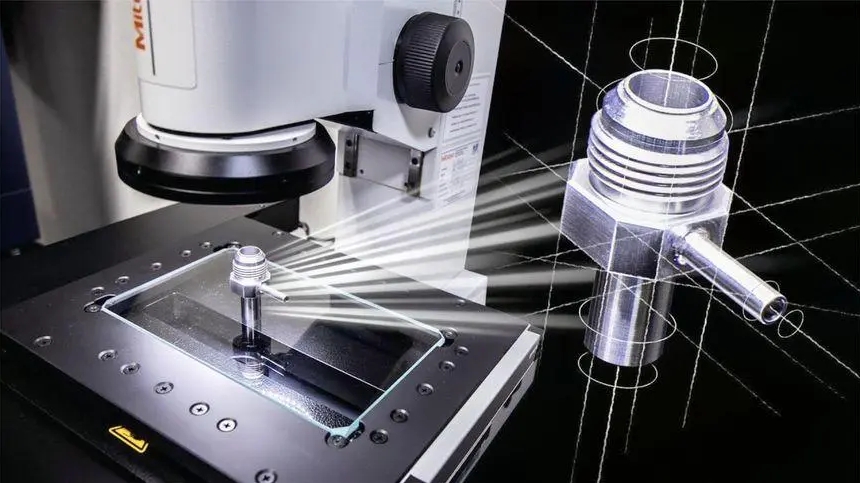Enhancing Aerospace Efficiency: Precision CNC Machining Innovations+ View more
Enhancing Aerospace Efficiency: Precision CNC Machining Innovations
+ View more
Date:2023-12-02 17:37
The aerospace industry stands at the forefront of technological advancement, constantly seeking precision, reliability, and efficiency in its components and systems. This article explores how CNC (Computer Numerical Control) machining innovations have become a cornerstone in advancing aerospace efficiency, revolutionizing the manufacturing processes critical to the industry's success.

The Precision Revolution in Aerospace Manufacturing
CNC machining's role in aerospace manufacturing cannot be overstated. Its precision-driven approach enables the creation of complex, high-precision components crucial for aerospace systems. This evolution has redefined manufacturing standards, offering accuracy and repeatability in producing parts that meet the stringent requirements of the aerospace industry.
Advancements in CNC Technology for Aerospace
Over the years, CNC technology has evolved significantly to meet aerospace demands. Innovations in machine tools, cutting techniques, and materials have led to enhanced precision, reduced lead times, and improved surface finishes. The integration of multi-axis machining, high-speed cutting, and adaptive tooling has revolutionized the way aerospace components are manufactured.
AI Integration: The Future of Precision Manufacturing
The convergence of CNC machining with artificial intelligence (AI) marks a new era in aerospace manufacturing. AI-driven CNC systems analyze vast datasets, predict tool wear, optimize cutting parameters, and adapt in real time. This intelligent automation enhances precision while reducing errors, contributing significantly to the overall efficiency of aerospace production.
Materials Advancements and CNC Machining
CNC machining plays a pivotal role in the processing of advanced aerospace materials. From high-strength alloys to composite materials, CNC technology enables precise machining of materials designed to withstand extreme conditions in aerospace environments. These advancements in materials engineering are instrumental in achieving lighter, stronger, and more efficient aerospace systems.
Streamlining Complex Aerospace Designs
The versatility of CNC machining allows aerospace engineers to realize complex design concepts with exceptional accuracy. This flexibility facilitates the manufacturing of intricate geometries, reducing assembly requirements and weight while maintaining structural integrity. CNC machining's adaptability ensures efficient production of components crucial to aerospace innovation.
Sustainability in Aerospace Manufacturing
Efforts toward sustainability have found their way into aerospace manufacturing, and CNC machining plays a role in this pursuit. Optimization algorithms reduce material waste, energy consumption, and environmental impact. Additionally, CNC's ability to produce components with higher efficiency contributes to the overall sustainability of aerospace production.

Challenges and Future Trajectories
While CNC machining has significantly transformed aerospace manufacturing, challenges such as cybersecurity, skill development, and process optimization persist. The industry's future trajectory involves addressing these challenges, focusing on further integrating smart technologies, improving process efficiency, and advancing sustainable practices.
Conclusion: A Precision-Driven Future
In conclusion, precision CNC machining innovations are integral to enhancing aerospace efficiency. The evolution of CNC technology continues to propel the aerospace industry towards new horizons of precision, reliability, and sustainability. As it advances, CNC machining remains a driving force in shaping the future of aerospace manufacturing, ensuring efficient, reliable, and innovative solutions for the skies and beyond.
Share to:
Recommend wonderful blog posts

